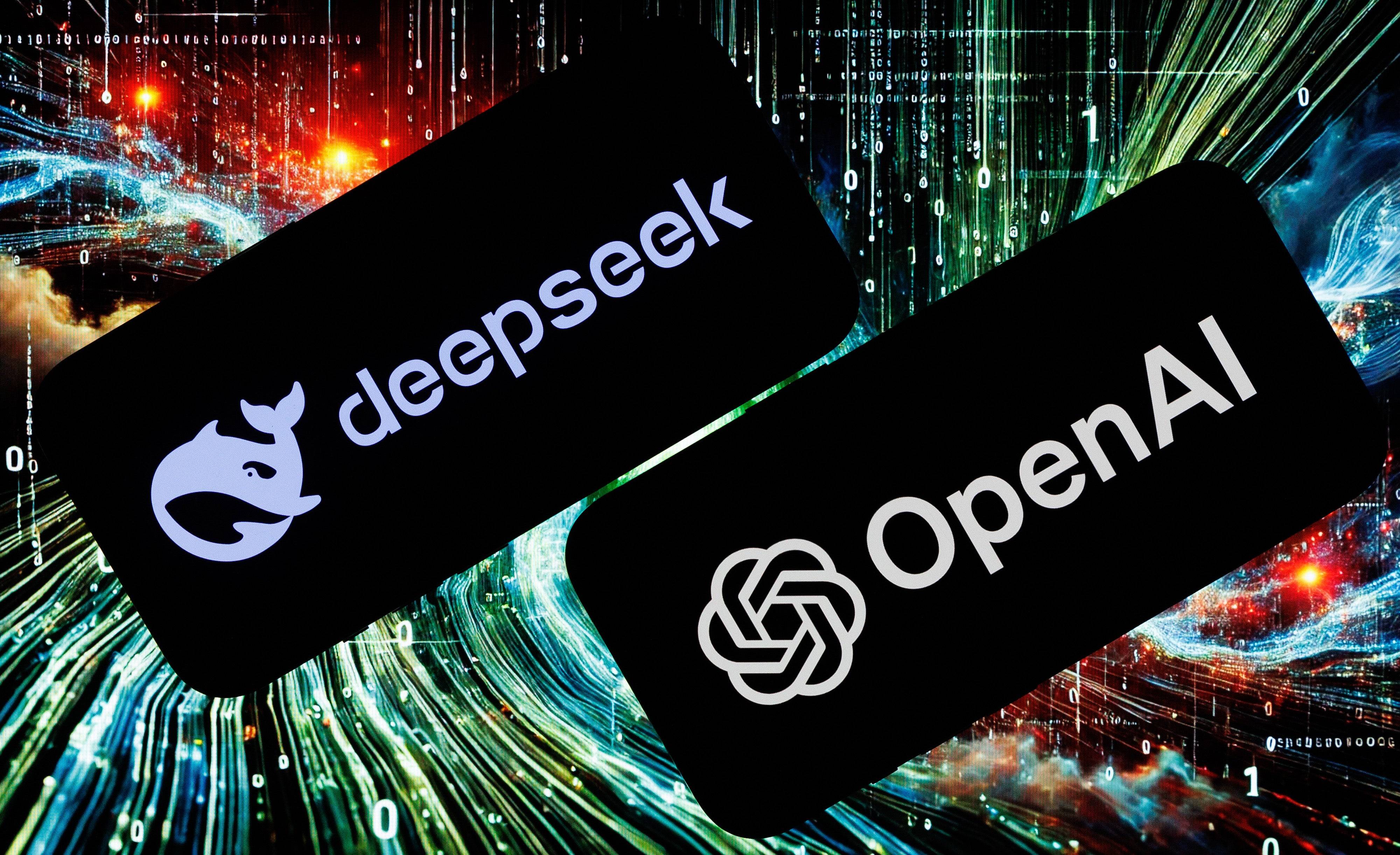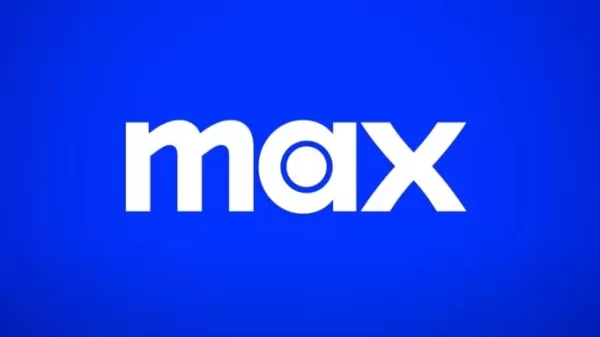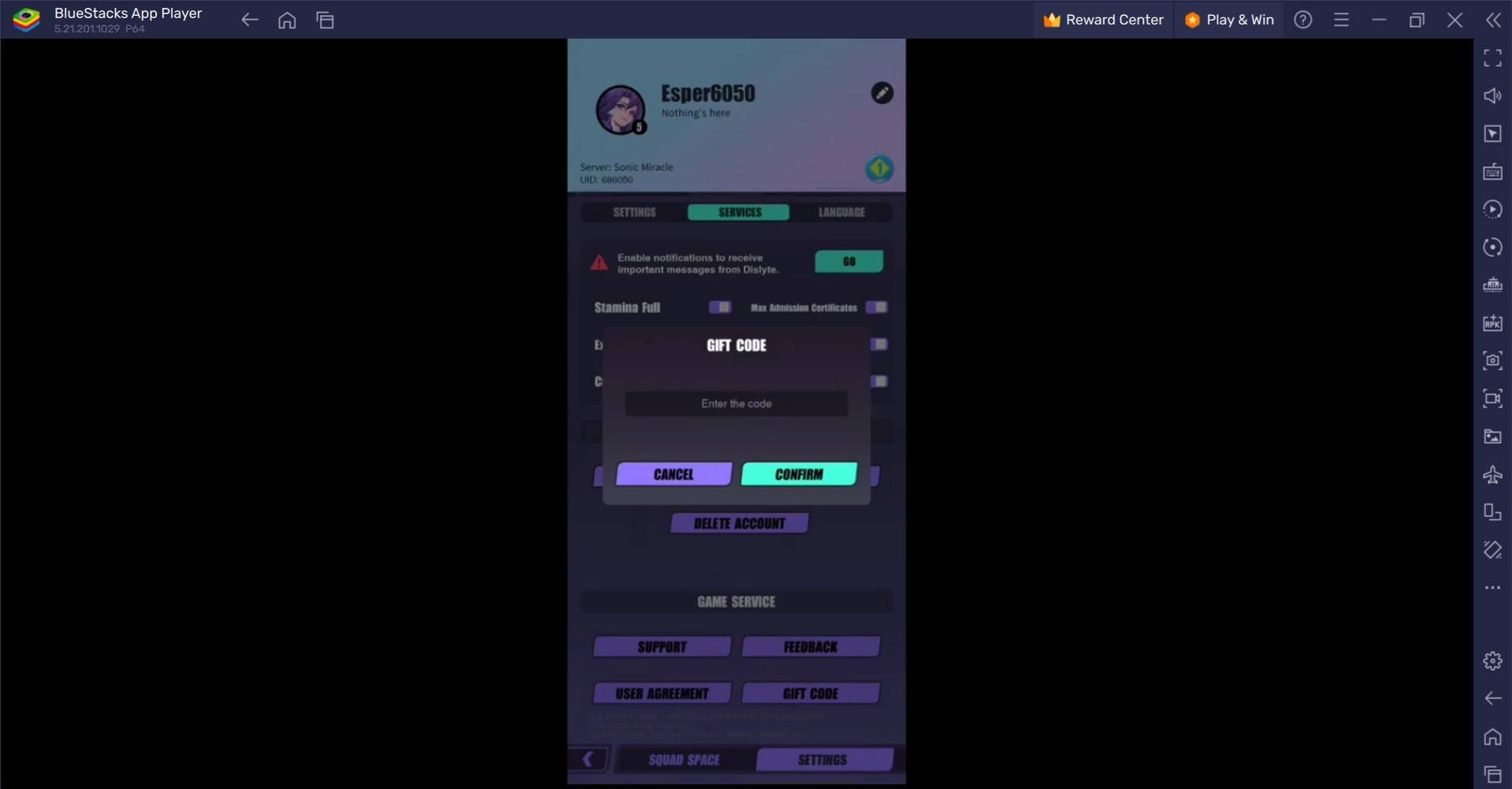OpenAI suspects that China's DeepSeek AI models, significantly cheaper than Western alternatives like ChatGPT, were developed using OpenAI data. This revelation, coupled with DeepSeek's rapid rise in popularity, triggered a stock market downturn for major AI players. Nvidia, a key GPU provider for AI, experienced its largest-ever single-day loss, while Microsoft, Meta, Alphabet, and Dell also saw significant drops.
DeepSeek's R1 model, based on the open-source DeepSeek-V3, boasts significantly lower training costs (estimated at $6 million) and computational requirements compared to Western counterparts. While this claim is disputed by some, it has fueled investor concerns about the massive investments being made by American tech companies in AI.
OpenAI and Microsoft are investigating whether DeepSeek violated OpenAI's terms of service by using a technique called "distillation" – extracting data from larger models to train smaller ones – to integrate OpenAI's AI models into DeepSeek's own. OpenAI acknowledges that Chinese companies, and others, actively seek to replicate leading US AI models, and are taking countermeasures to protect their intellectual property. David Sacks, President Trump's AI czar, confirmed evidence suggesting DeepSeek's use of OpenAI models.
This situation highlights the irony of OpenAI's accusations, given its own past controversies. OpenAI previously argued that creating AI tools like ChatGPT is impossible without using copyrighted material, a stance supported by their submission to the UK's House of Lords. This position is further complicated by lawsuits from the New York Times and 17 authors alleging copyright infringement by OpenAI and Microsoft. The ongoing debate surrounding the use of copyrighted material in AI training underscores a critical challenge facing the rapidly evolving generative AI landscape.

 Home
Home  Navigation
Navigation






 Latest Articles
Latest Articles










 Latest Games
Latest Games












